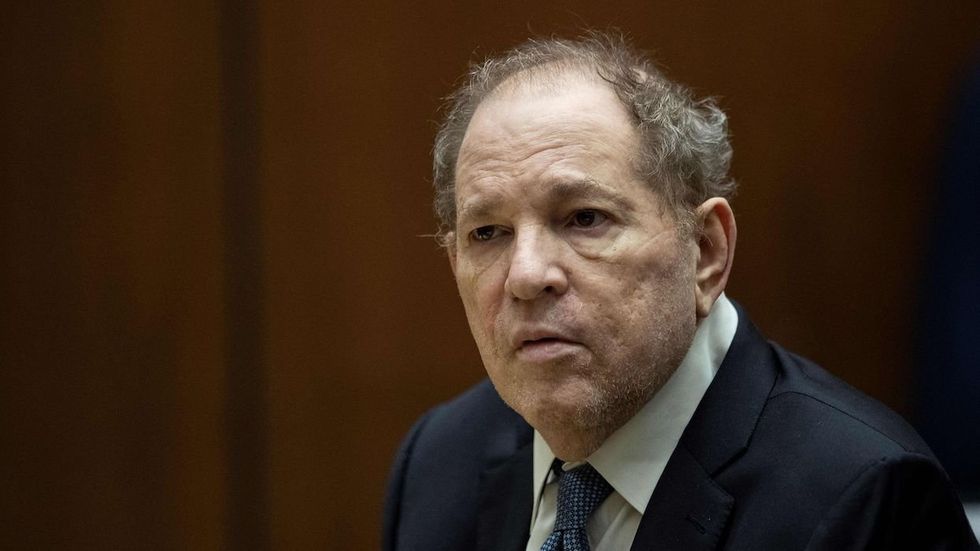By Eric Levenson, CNN
(CNN) — The New York Court of Appeals on Thursday overturned the sex crimes conviction against Harvey Weinstein, the powerful Hollywood producer whose downfall stood as a symbol of the #MeToo movement.
The court, by a 4-3 vote, ordered a new trial.
“We conclude that the trial court erroneously admitted testimony of uncharged, alleged prior sexual acts against persons other than the complainants of the underlying crimes because that testimony served no material non-propensity purpose,” the ruling, written by Judge Jenny Rivera, states.
“The court compounded that error when it ruled that defendant, who had no criminal history, could be cross examined about those allegations as well as numerous allegations of misconduct that portrayed defendant in a highly prejudicial light. The synergistic effect of these errors was not harmless.”
Weinstein, 72, is being held at Mohawk Correctional Facility in Rome, New York, according to the state Department of Corrections and Community Supervision. He also was sentenced last year in Los Angeles to 16 years in prison for charges of rape and sexual assault.
“We will do everything in our power to retry this case, and remain steadfast in our commitment to survivors of sexual assault,” said Emily Tuttle, deputy director of communications and senior advisor for the Manhattan District Attorney’s Office.
Weinstein has maintained his innocence and has denied any nonconsensual sexual activity. CNN reached out Thursday to Weinstein’s attorney Arthur Aidala for comment.
In New York, Weinstein was convicted in 2020 of first-degree criminal sexual act and third-degree rape, and he was sentenced to 23 years in prison. The charges that resulted in convictions were based on the testimony of Miriam Haley and Jessica Mann.
Haley testified that Weinstein forcibly performed oral sex on her in 2006 at his Manhattan apartment, and Mann testified that he raped her in 2013 during what she described as an abusive relationship.
In addition, three other women testified during the trial as “prior bad acts” witnesses as prosecutors sought to show Weinstein had a pattern of abuse. These women each said Weinstein used his Hollywood influence to take advantage of them when they were young and hoping to break into the film industry.
What are ‘prior bad acts’ witnesses?
The use of “prior bad acts” witnesses has increased in recent years with the rise of the #MeToo movement, and their testimony was a notable aspect of Weinstein’s trial.
In sexual assault cases, their testimony can turn a difficult “he said, she said” case into a more convincing “he said, they said” case.
In general, evidence that the defendant has poor character or has done bad things in the past is not allowed during a trial. The fear is that the jury will be overly influenced by these prior incidents and may ignore the actual evidence of the alleged crime.
“Prior bad acts” evidence is one exception to this rule. It can be used to prove the defendant’s “motive, opportunity, intent, preparation, plan, knowledge, identity, absence of mistake, or lack of accident,” according to federal evidence rules.
Judges have a fair amount of discretion to decide what is and what isn’t allowed in court as they try to balance the relevance of the testimony against the prejudice to the jury.
This is a developing story and will be updated.
The-CNN-Wire
™ & © 2024 Cable News Network, Inc., a Warner Bros. Discovery Company. All rights reserved.


















































































Here's our dream all-queer cast for 'The White Lotus' season 4